Most enterprises and people have to adapt themselves with the new disruptive world and have to become creative and innovative. This crisis highlighted the fact that Innovation is what we need more than ever in such difficult times to conquer the current crisis, it also raised a new way of working and many question on how organization could look like in five years from now? Focus on the latests trends in Data & Digital with our Data experts.

Our Business & Decision Expert Podcast strive to answer business questions in the domain of Data & Digital for your company’s digital transformation. For this episode, our experts will talk about Innovation in the world of Data & Digital tackling some topics such as Blockchain
What we will discuss in this podcast episode:
- Why do we need to innovate particularly in times of crisis?
- What can we predict for the organization of tomorrow?
- What are the trends in geolocalization and tagging for social distancing work?
- What are the next-generation data providers?
Gerrit Denayer, Business & Decision Marketing Director, received different experts from different fields around our table to answer those questions:
- Frederic Moser, Offer Strategy Lead for Blockchain
- Eric Van Cutsem, Offer Strategy Lead for Synapse Innovation Lab
- Carlo Schots, Sales Director at Business & Decision
- Bjorn Andelhofs, Marketing Officer at Business & Decision
- Yves Van den Brande, Regional Tribe Lead Customer Engagement
Listen to the full podcast:
Frederic: One interesting aspect is nowadays, how much innovation we do and what is innovation. Because we see that this crisis is very special, right? First, because we need innovation to get out or even to survive the crisis if you think about the vaccine. But we also need to think about the scale, because if you look at the Great Recession, 2008, I think European economy went down 4%. Today, we know that it’s gonna be, I guess, in Europe, at least 8%. So the scale is totally different. And if you think about it, innovation is our best way out of this all, because any of our solution will either be violent, and there will be a group that will be there is going to be violence toward a group or something. So innovation is is the best tool that we have in our toolbox to find this.
Then one interesting question is also like, what is exactly innovation? Is it just catching up? Or is it doing something that is really new? Where should we put the target? And those are questions that organization need to ask themselves. And if you think about it, nowadays, everybody needs to do it. You know, innovation doesn’t only come from the public sector, of course, like it could have been the time like 50 years ago. And smaller and big organization need to do it, you think about the small restaurant that was lucky enough to survive. It needs to do innovation, a lot to survive tomorrow, as a big company.
Bjorn: So I hear a lot of talks about the future. And it’s still quite uncertain, and probably will remain that way. Let’s challenge ourselves, could we make some predictions of how businesses will look like in about five years, maybe?
Carlo: One of the key enablers, I think, to be able to bring innovation in the future today, but also in the future, is also the way you do projects. I think organizations that are already working in Agile mode will benefit from it. So I think in the future, you will see more and more companies with an operating model, which will be much more agile, to fasten up, let’s say the output of the innovation.
Yves: Predicting the future is always difficult. But we can have a dream, and we can look for indications where if we are heading to that dream, and I’m dreaming of a future organization where instead of when I start my computer in the morning, I have to click here to my entire mailbox, plotting a lot of reports, and so on. I’m dreaming a bit of a world where my computer in the morning tells me the five most important things that I need to look after. That’s the kind of organization that I’m dreaming of. And all of predictions that are pointing out that we’re going to that scenario with NLP and AI that is browsing and crawling to your mailbox and is crawling to customer complaint data is crawling to sales data crawling to protect performance data and saying, “Okay, these three customers, that three questions of your colleagues or your partners, that’s your focus today,” that would be great. So perhaps Eric, you can invent that in the synapse lab.
Eric: Thank you for the challenge. No, but what is also very interesting to see it’s that we have been in a real complete lockdown during pre months now you are, we are in in some kind of little wave, a little new wave here, and we have a small lockdown, more localized lockdown. But what is interesting, it’s for the future and for the company in the future that if we are logged on, we search for freedom, of course, because we asked that kind of, of constraint over. And now we are looking for freedom. And that’s why the company in the enterprise need to be really agile, to answer to that freedom that people ask us. And it’s very important, because we want to be remote, we want to do the work anywhere on the world. So the company asked to answer to that. And I think it will be difficult in the future to answer to that. But it’s possible, because we have the technological way to do that now. So it’s a very, very interesting challenge right now.
Article
Businesses should continue their digital transformation journey despite these times of crisis
See moreGerrit: Could geofencing and geolocation head up there, Eric?
Eric: Hmm. I don’t know not, especially for the for the remote thing. But we can discuss that for for, for example, the social distance function that’s interesting, geo localization and geo fencing could help in in social distancing, but not for the remote part of the fourth part of the month.
Carlo: But I think as well, we are talking a lot of that remote working will be the new standard for the coming years. But let’s not forget that there are a lot of jobs that require on site presence, I think about field engineers, shop floor people in factories. So what we may expect as well is that those people will get access to remote support and that new technologies, such as augmented reality will support them in their daily jobs, because an engineer can look with them to a specific problem, advising question and guiding. So it’s I remote working is good for the type of jobs we are doing with a lot of jobs that require on site presence.
Frederic: Yeah, and what is interesting is that we might have like two type of company, at a merge, like the one that needs to have on site, working like restaurant, or you know, even some retail job, and you might have like a new breath of company that started that actually can do everything remote. And if you think about it, this is kind of what we already started to see. Because you have a full range of company that in the last five years have been 100% remote. And what is very interesting, is how did they organize themselves? And how did they transform themselves because it’s not only doing remote working, you know, like this is kind of a technology.
But then it changed deeply the organization and we’re starting to see the those those companies that are deeply transformed in the way they organize themselves. One example with one industry where it’s really dominant is a blockchain company because they started in a very strange way. This company didn’t even have a legal structure because the only capital they had were those cryptocurrency So basically, they didn’t even exist physically, you know, legally they didn’t have any office, but they have been growing over and over. And what they had to do is to totally find a new way of governing themselves, self incentivizing employee and it created a kind of organization that others very flat mesh of people working together. And we have been very innovative on our incentivize employee and we have system for example, using the blockchain where there is a governance and people can vote whoever wants a company to go, and they feel very empowered and then they are in real time almost remunerated according to their effort. I believe like this is one kind of company that will really shape the future because as more and more people can actually work from home, they will want more and more to work for… they will say “Okay, why do you have to live in a big city, whereas a real estate is very expensive. If I can basically work from the beach all the time.” And this will change all the logic we might even have to do, you know. Like what we do at Business and Decision, we do a lot of customer engagement, I think something that is going to be very big in the future is actually employee engagement, you know, because the logic is going to change between employer, employee and work.
You see that over the years, the employee organization or management organization models have been changing, and have been turning upside down quite to a large extent.
Yves Van Den Brande
Yves: And that’s very interesting rhetoric. And indeed, you see that over the years, the employee organization or management organization models have been changing, and have been turning upside down quite to a large extent, we all come a lot of us come from the quiet, classical hierarchical models. But now we see that we are working in teams, and regardless of how many years experience you have, it’s what you do and know now and how up to date you are and how savvy you are in the new digital world. Regardless, when you’re 25 or 45 years. It’s about sharing the data and the ideas together and bring solutions and that’s I think, the new the new organizational models, and I was a bit triggered by because you were talking about blockchain. That’s really good. That’s a question for you. What would be to your estimation, and your prediction? What would be the most dominant use cases of block blockchain for the coming three years? I mean, everybody was thinking about blockchain for finance and replacing Ledger’s, but what are the other standards that you see is coming to us?
Frederic: So this is a very interesting question. And difficult is the use cases that that we see today. So for example, the first use case for blockchain was of course, Finance. And some people; this is not very well known, have been totally reinventing the financial world. And it worked and it’s very much accelerating, like, as of today, like it was a announced around 4 billion euro US dollar locked in. It was 1 million at the beginning of the COVID. So, we see that a lot of money is moving there. So this is the first use case finance. Then one use case that is really dominant is is a supply chain, of course.(…)
Business & Decision Expert is a podcast where we talk about Data, AI & Digital topics. We receive every month Data & Digital experts to discuss how Data is revolutionizing our daily lives and we strive to answer business question related to digital transformation. We aim to gather a community of Data passionate people around our podcast where everyone can learn something in a relaxed and fun way.
You can listen to us on Soundcloud, Apple Podcast, Spotify or other podcast platforms.

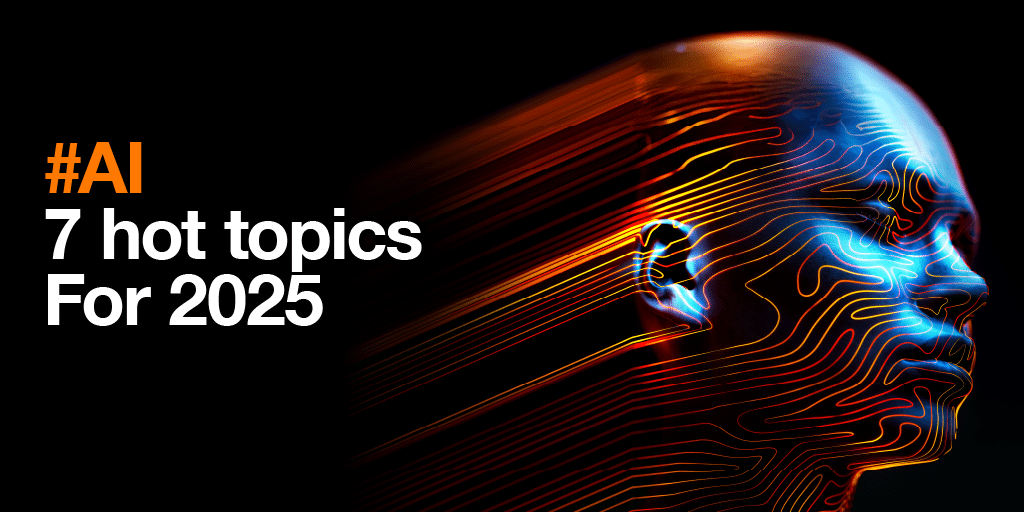

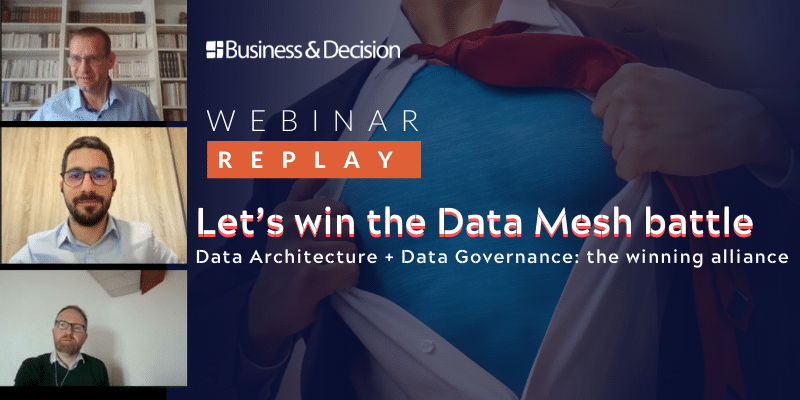
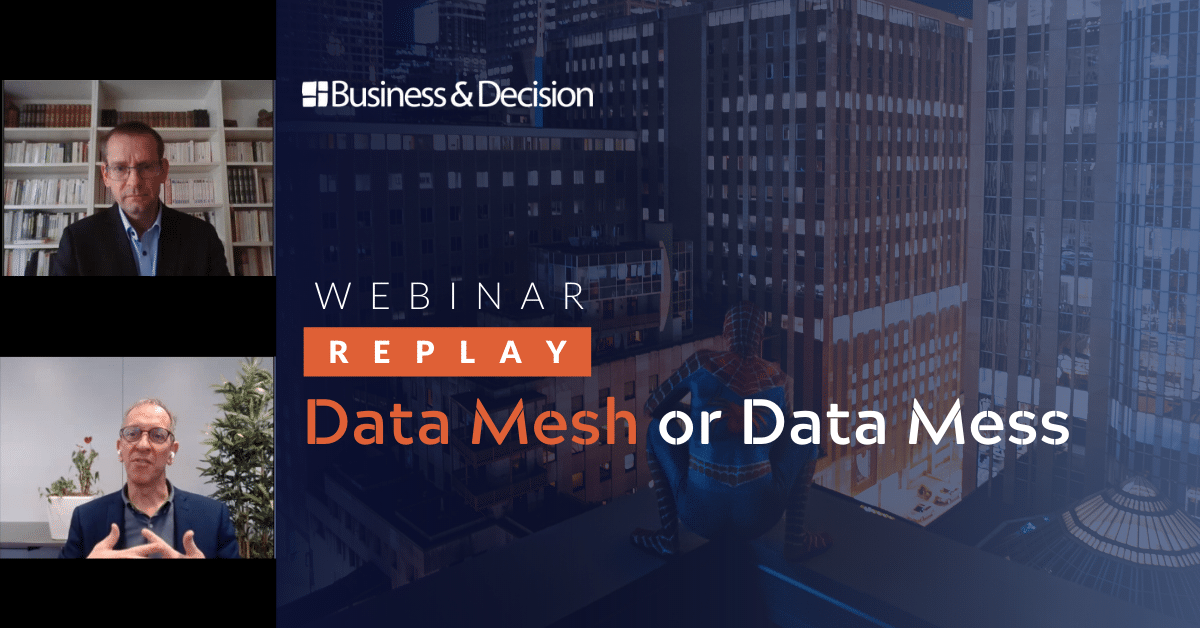
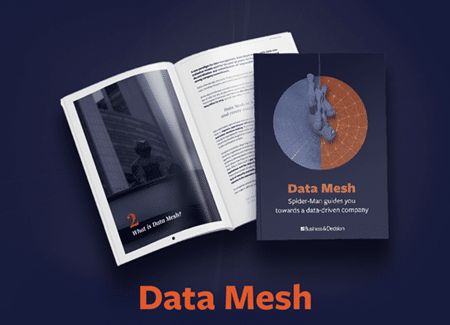
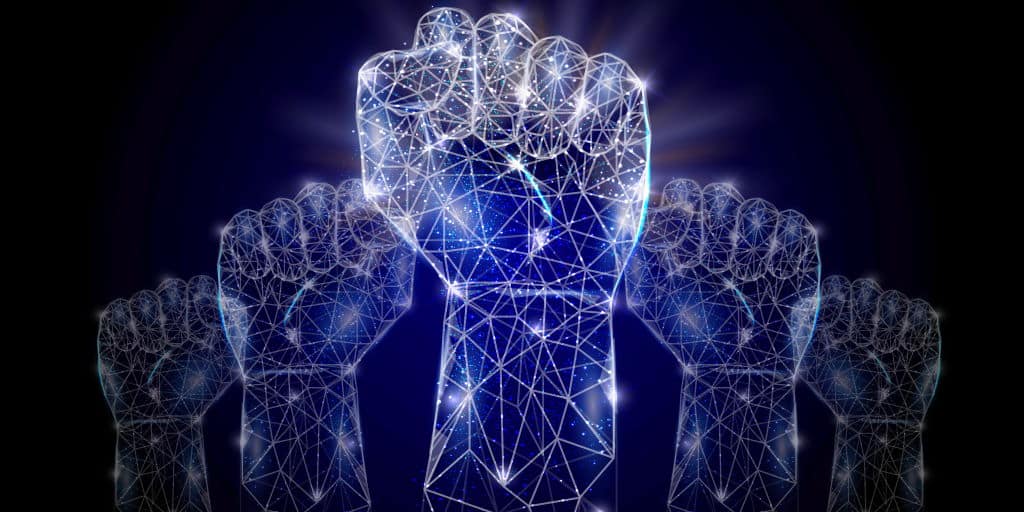
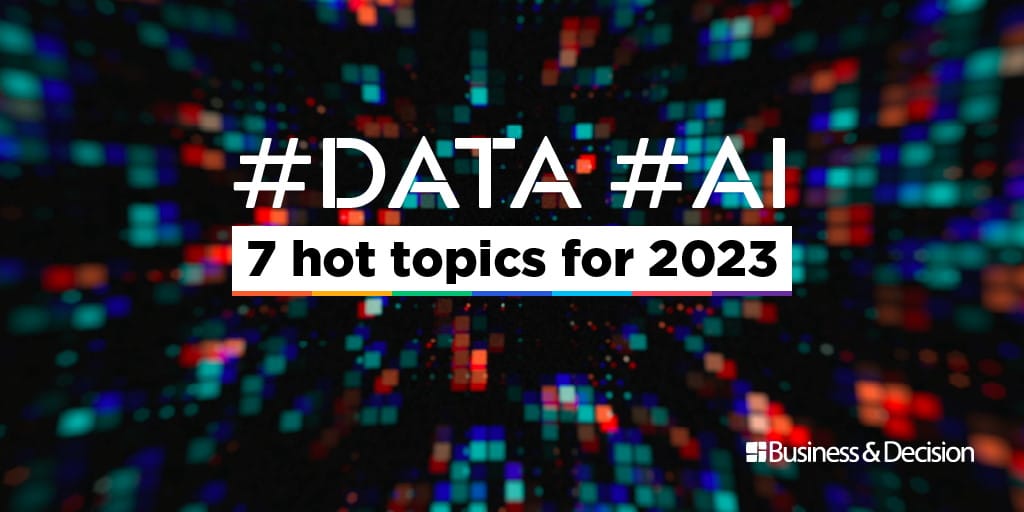




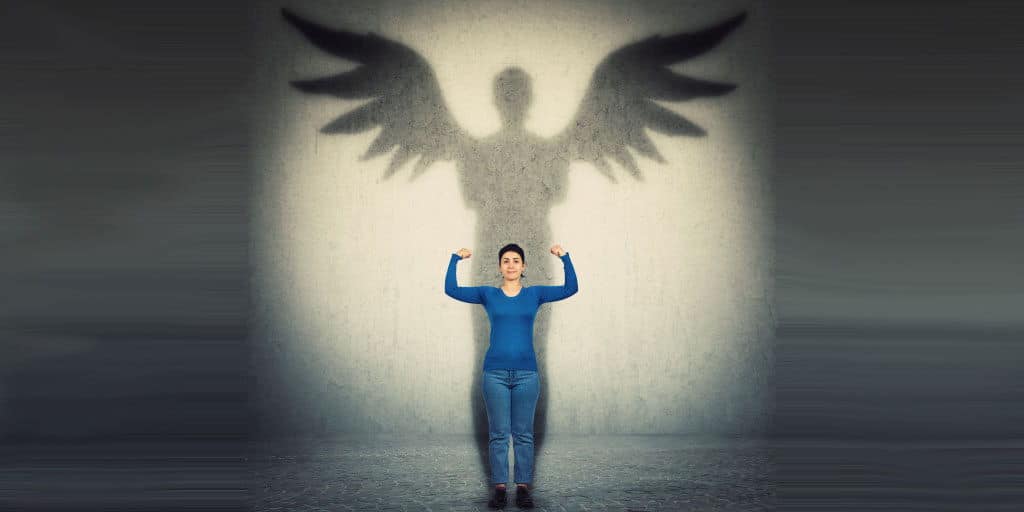
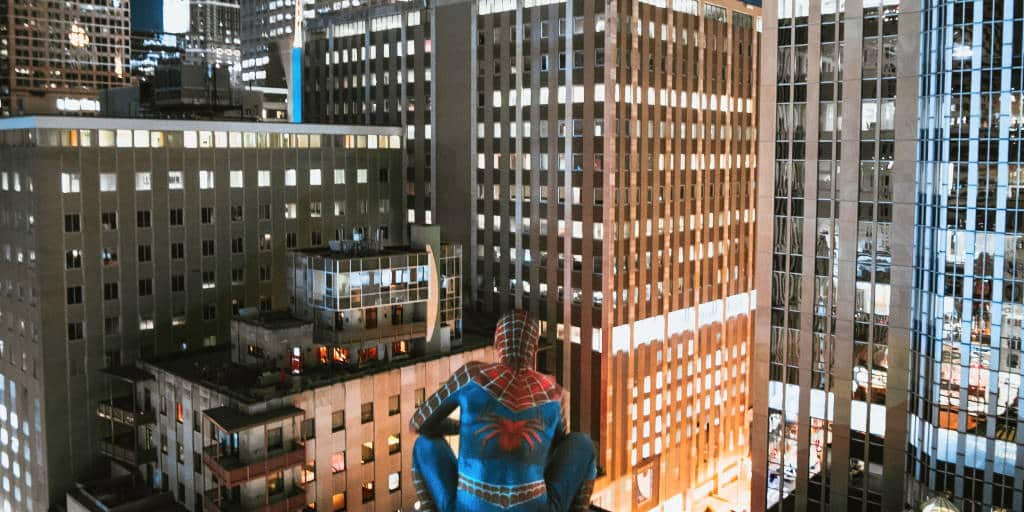

Your email address is only used by Business & Decision, the controller, to process your request and to send any Business & Decision communication related to your request only. Learn more about managing your data and your rights.